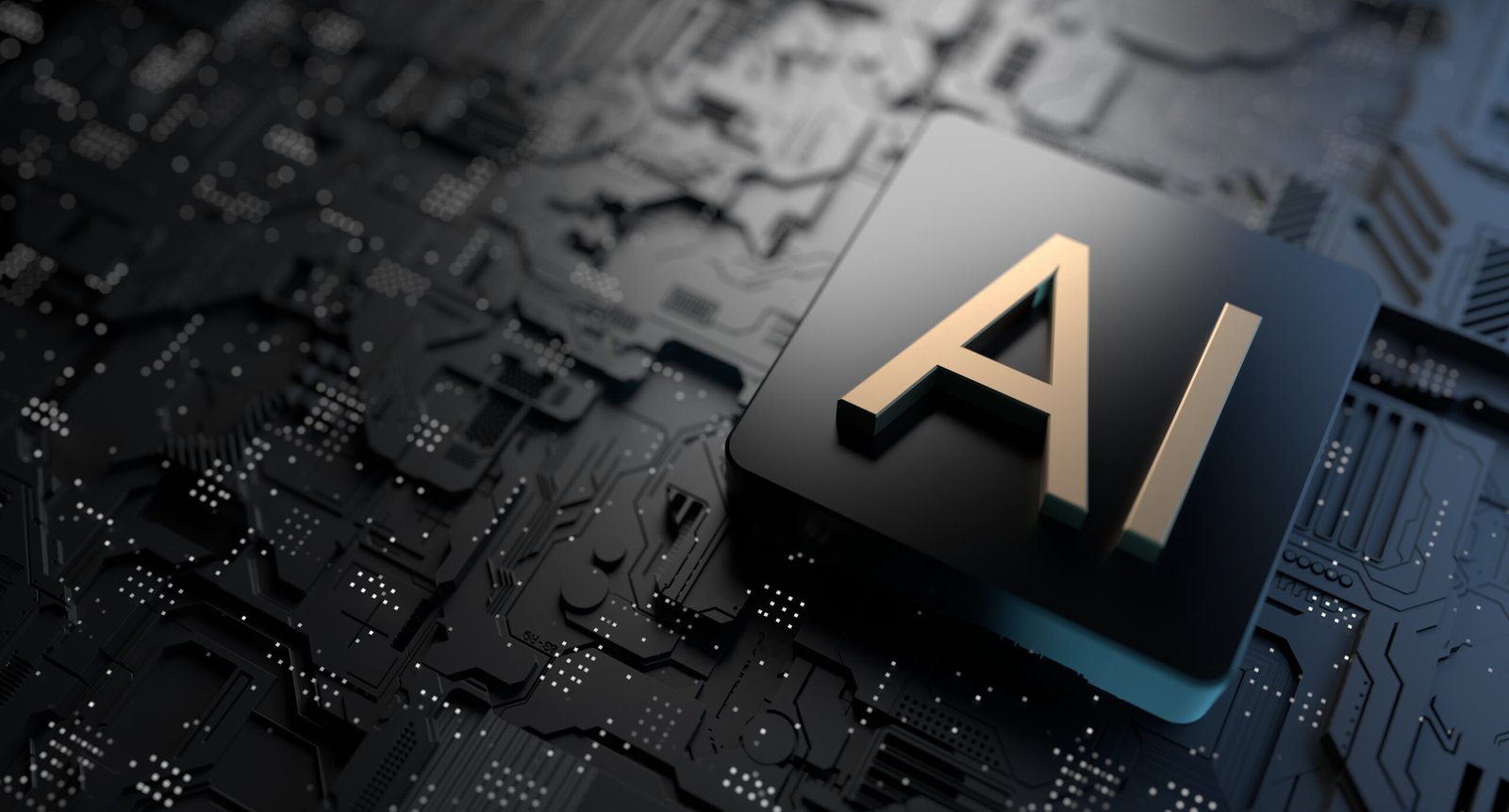In Hollywood, pioneers in screenwriting are setting a new precedent. With artificial intelligence’s rise, they’ve established robust protections for AI-generated content. Ensuring originality remains paramount, the guild defends human creativity. Hollywood’s response to the digital age resonates twice: innovation must be ethical.
Hollywood writers have reached a tentative agreement with film studios that could establish a precedent for protecting workers from potential job displacement by artificial intelligence (AI). The Writers Guild of America (WGA) and the Alliance of Motion Picture and Television Producers (AMPTP) concluded this agreement after a 148-day strike. The deal includes several AI-related protections for writers.
While some of the AI rules are specific to the entertainment industry, experts believe that the principles and power granted to workers in this agreement could have broader implications for labor battles extending beyond television and movies.
The primary goal of the WGA was to safeguard its workers from anticipated threats over the next three years rather than setting a precedent. AI-related concerns emerged toward the end of the previous year when OpenAI’s ChatGPT was launched, highlighting the rapid advancement of generative AI technology.
In the new agreement, Hollywood writers will have a significant say in determining when generative AI tools can be used for television and movie scripts. Writers can choose to use AI if the company consents and if they adhere to applicable company policies. However, studios cannot compel writers to use AI.
The agreement also empowers the union to assert that the exploitation of writers’ material to train AI is prohibited. Companies must disclose if any materials provided to a writer have been generated by AI or contain AI-generated content. Additionally, AI-written or rewritten literary material is prohibited, and AI-generated content cannot undermine a writer’s credit or separated rights.
This agreement may serve as a model for other employers dealing with the introduction of AI technology into the workplace. It underscores the importance of worker involvement in decisions regarding new technology, a point often challenged by companies.
SAG-AFTRA, a union representing actors and media professionals, is currently in negotiations and shares similar concerns about generative AI. The WGA’s agreement could influence how AI-related protections are addressed in other industries.
The WGA’s focus on preventing AI from replacing human workers and driving down wages and working conditions could serve as a template for future labor negotiations across different sectors.
Public policy is expected to play a crucial role in addressing AI-related challenges in the workforce, as not all workers have the protection of a union.
As the entertainment industry resumes operations after the strike, the extent of AI’s role in writers’ day-to-day work is still uncertain.



































